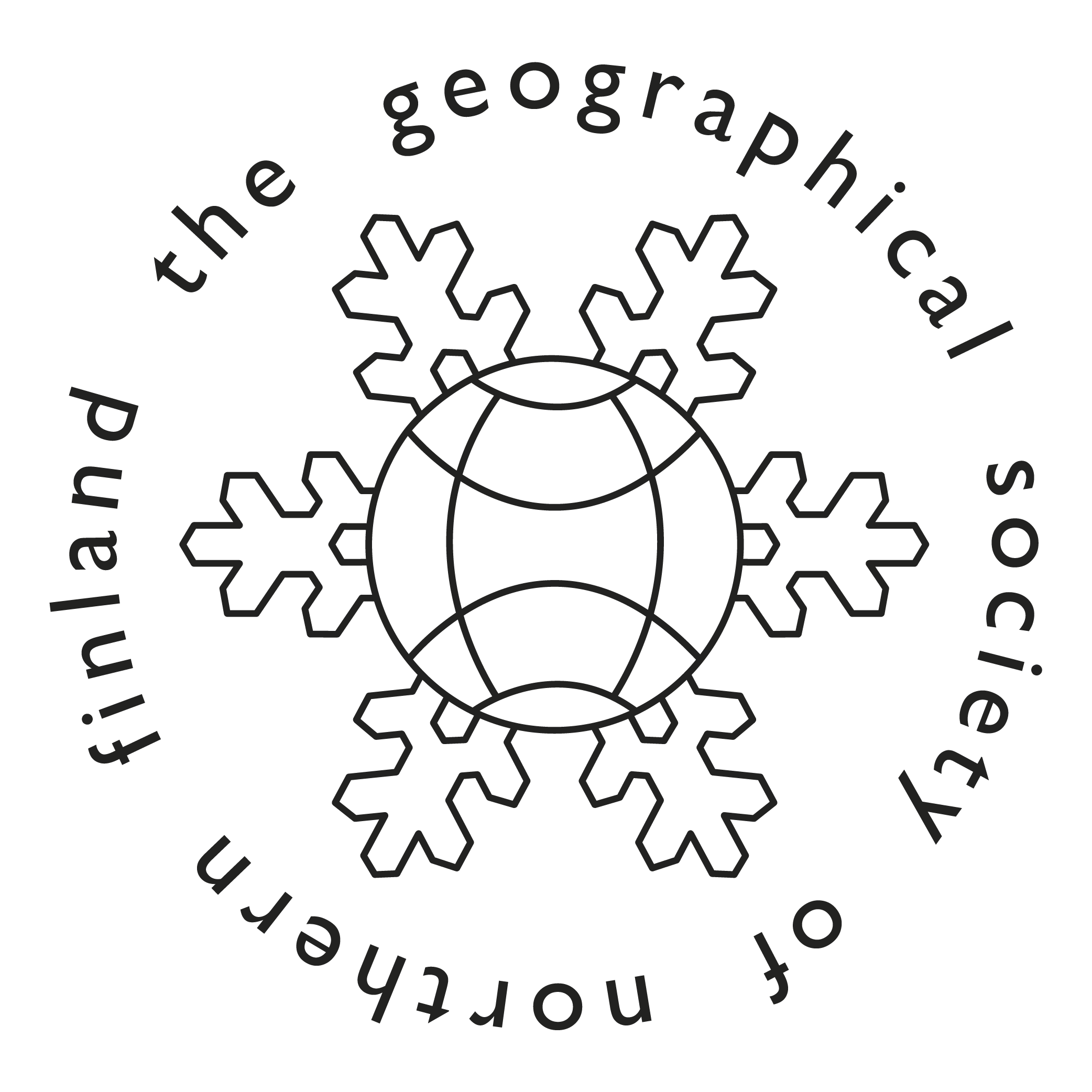“Spatial socialization”: Understanding the state effect geographically
Abstrakti
This article revisits Anssi Paasi’s concept of “spatial socialization.” The hallmark of Paasi’s geographic approach to identity, the concept offers a way to move beyond statist approaches that either reify the state or dismiss its significance. Spatial socialization sheds light on how the myths of coherence of “states,” “territories,” and otherwise-scaled regions come to be institutionalized through everyday practices and spatial imaginaries. Although Paasi is best known for his theoretical contributions, his long commitment to empirical research in Finland suggests the power of his contributions to think through unlike contexts, which I illustrate through a case study from my own research on the “state effect” in Central Asia.







